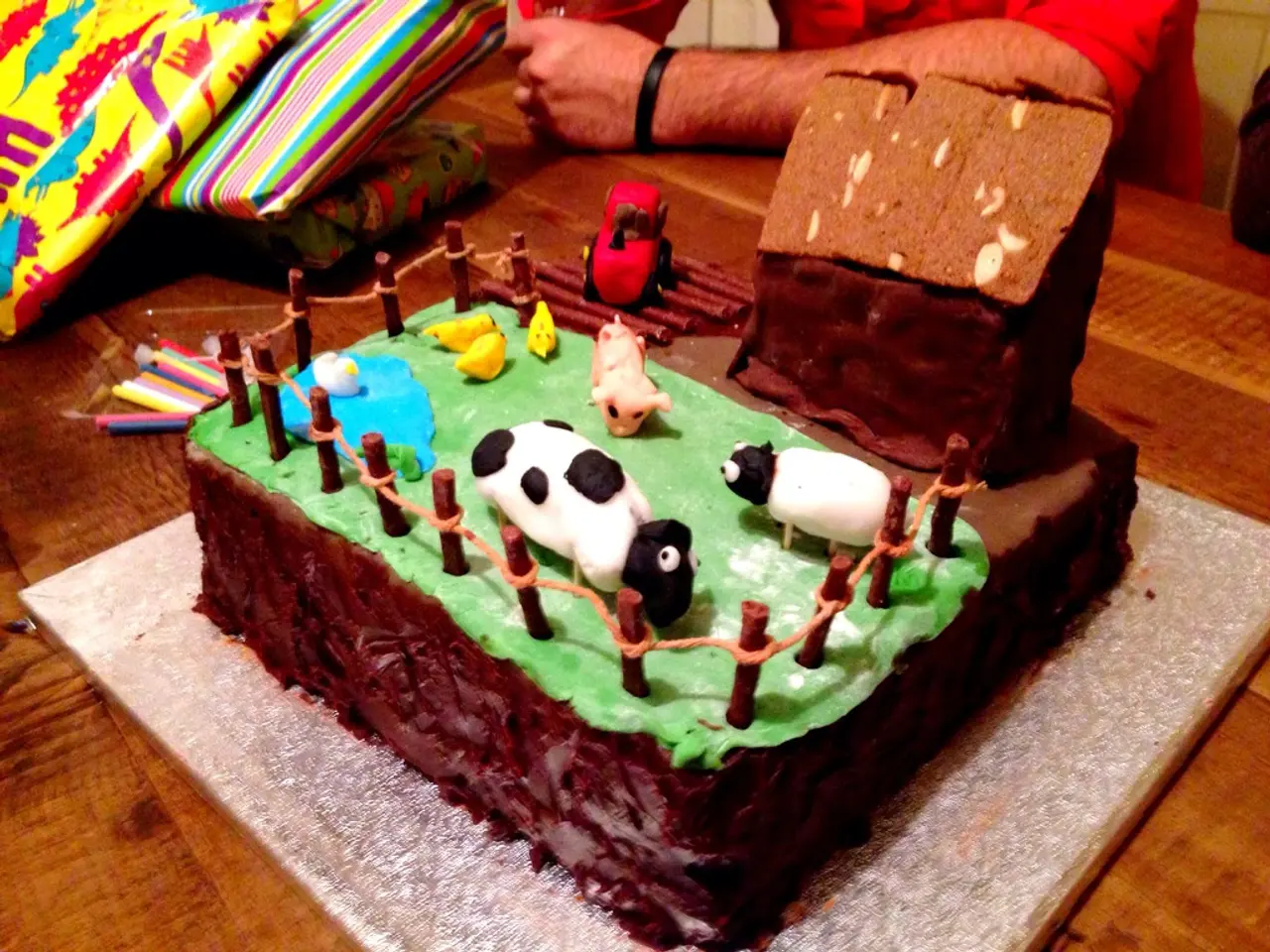Guide for Planning Inclusive Festivities for those with Neurodiversity
Creating enjoyable holiday experiences for neurodivergent individuals, such as those with autism, ADHD, sensory processing differences, or other neurological profiles, requires thoughtful planning, flexibility, and a willingness to adapt traditions. Here are evidence-based strategies to help minimize stress and maximize comfort during holiday celebrations.
## Preparation and Environment
Understanding each person's specific sensory needs, communication styles, and holiday-related stressors is crucial. This allows for proactive accommodations tailored to individual comfort zones, such as choosing quiet, low-stimulation environments and providing sensory tools like weighted blankets or fidget toys[1].
## Communication and Expectations
Clear communication about the event schedule, possible sensory exposures, and changes to routines is essential. Visual schedules or social stories can be helpful in communicating expectations. Let others know about the person's needs and how they might express discomfort[1].
Educating friends and family about neurodivergent behaviours, such as leaving early, needing breaks, or avoiding certain activities, can promote understanding and reduce stigma. Flexibility is also essential, allowing for modifications like offering quiet spaces to retreat, flexible arrival and departure times, and the freedom to skip activities that are too overwhelming[1][4].
## Celebration Alternatives
Providing a range of options, from traditional activities to quieter alternatives, respects individual preferences and energy levels. Technology can also be leveraged, such as using recordings of fireworks or virtual events for those who find live displays distressing. Reducing unpredictability, such as sudden loud noises or unannounced changes, can lower anxiety[4].
## Applying Broader Inclusive Principles
Many of these strategies mirror best practices in creating neurodivergent-friendly workplaces, such as adjusting lighting and noise, offering personalised spaces, and recognising unique strengths[2]. By prioritising inclusion and comfort, holidays can be enjoyable for everyone, regardless of neurological differences[1][3][4].
In summary, effective neurodivergent-friendly holiday celebrations involve knowing individual needs, modifying the environment, communicating openly, offering choices, and embracing flexibility. By prioritising inclusion and comfort, holidays can be enjoyable for everyone, regardless of neurological differences[1][3][4].
- For individuals with autism or other neurodivergences, understanding their specific sensory needs, communication styles, and holiday-related stressors is paramount to create a comfortable environment, which can include choosing quiet, low-stimulation settings and providing sensory tools like weighted blankets or fidget toys.
- Clear communication about the event schedule, possible sensory exposures, and changes to routines is essential, using visual schedules or social stories to convey expectations.
- Educating friends and family about neurodivergent behaviors can lead to greater understanding and reduced stigma, promoting flexibility in accommodating needs such as leaving early, needing breaks, or avoiding certain activities.
- Providing a range of celebration alternatives, including traditional activities and quieter options, respects individual preferences and energy levels, while reducing unpredictability, like sudden loud noises or unannounced changes, can lower anxiety.
- Techniques that improve focus, such as mindfulness and self-care practices, can be beneficial for neurodivergent individuals during the holiday season, helping to manage stress and promote personal growth through education-and-self-development resources.
- By applying broader inclusive principles, such as accommodating sensory needs, offering personalized spaces, and recognizing unique strengths, holidays can be enjoyable for everyone, regardless of neurological differences.
- Supporting neurodivergent individuals in their decision-making processes, planning, and organization during holiday celebrations can lead to increased independence and a sense of control, enhancing their overall holiday experience.
- Open communication, flexibility, and proactive accommodations are crucial in minimizing stress and maximizing comfort for neurodivergent women during holiday celebrations, fostering a supportive and inclusive environment for personal growth and enjoyment.




